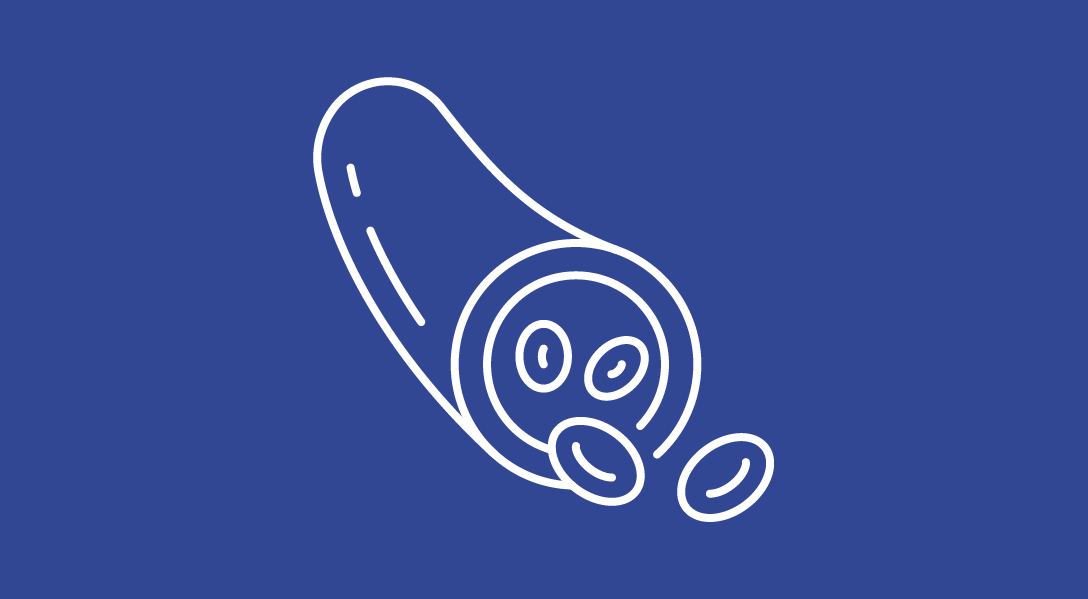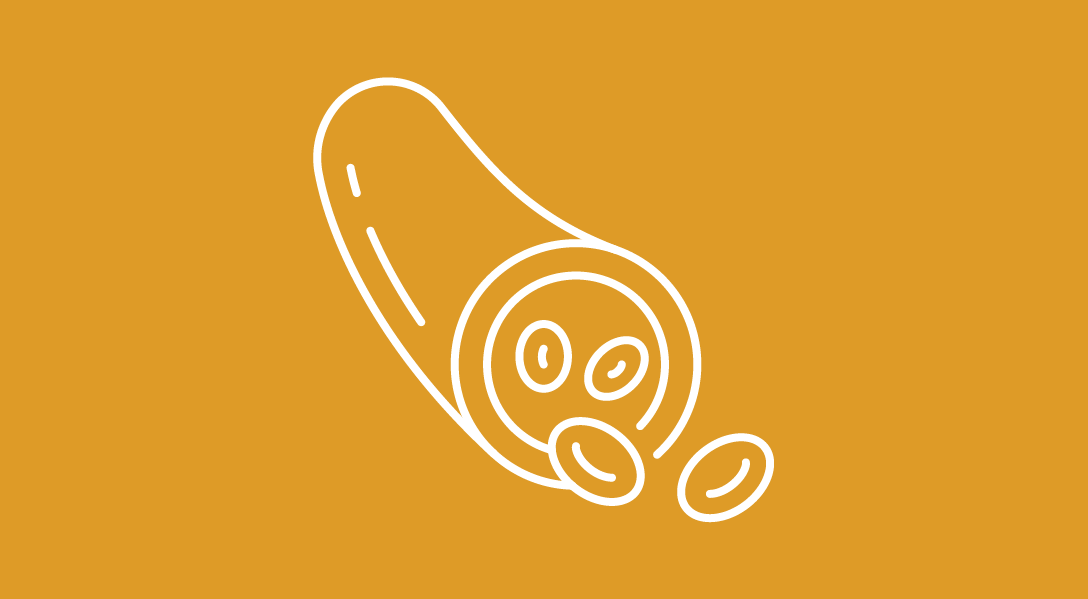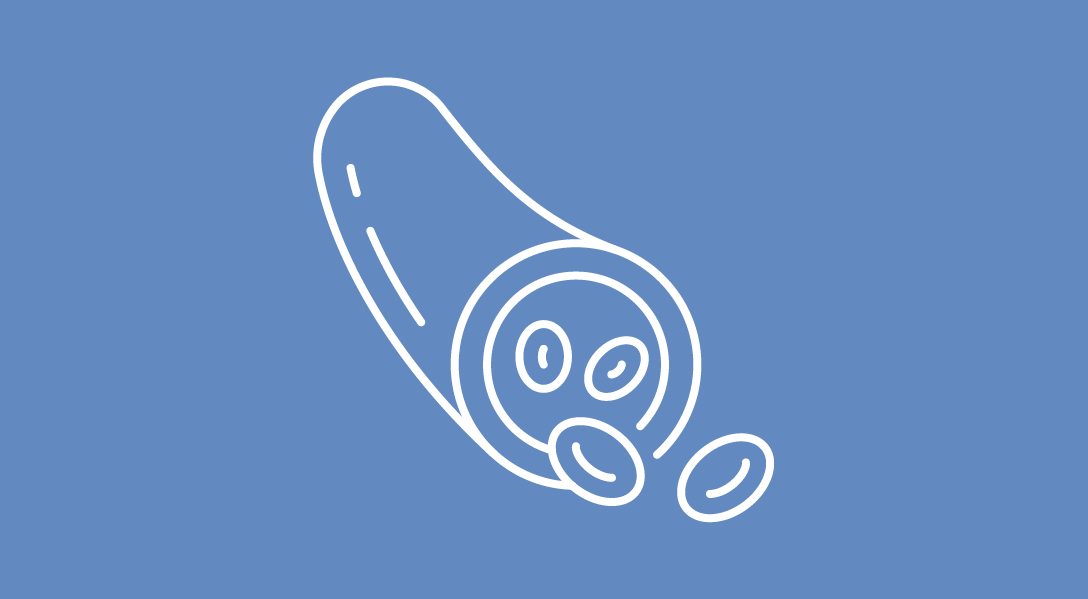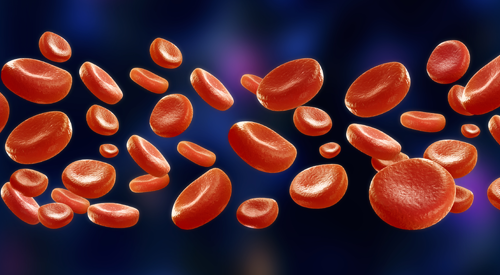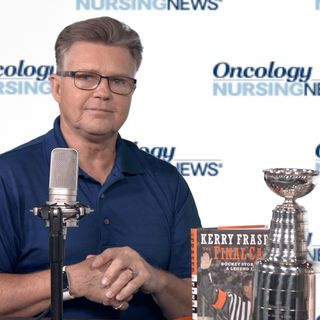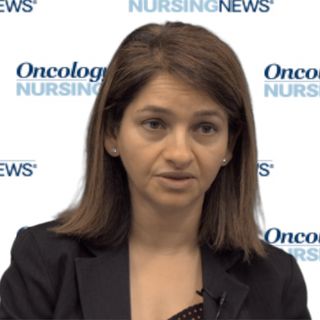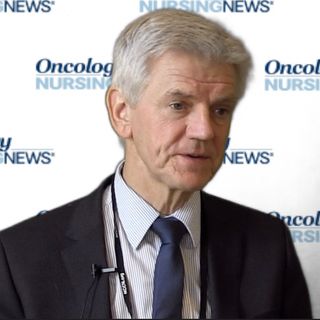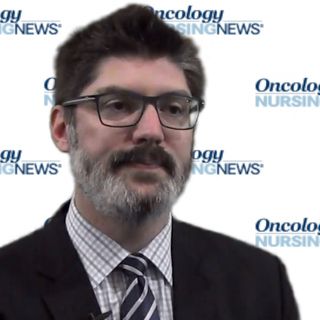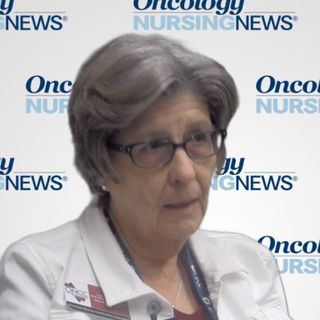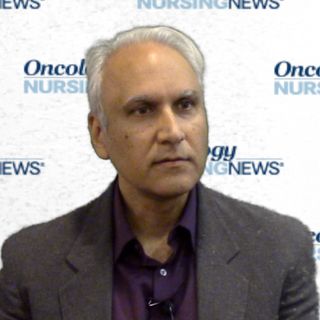
Hematology
Latest News
Latest Videos

More News
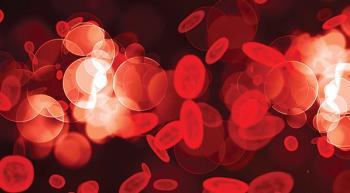
Encouraging responses were observed in most patients with relapsed/refractory follicular lymphoma treated with loncastuximab tesirine and rituximab.

All patients treated with CAR T-cell products are recommended to be monitored life-long for the risk of secondary malignancy, according to the FDA.

Zanubrutinib to treat chronic lymphocytic leukemia or small lymphocytic lymphoma was linked with fewer cardiac adverse effects compared with ibrutinib and acalabrutinib.

The FDA granted tamibarotene plus azacitidine and venetoclax fast track designation for the treatment of newly diagnosed, unfit, RARA-overexpressed AML.

Over the last 5 years, 57% of drugs approved by the FDA for a cancer-related indication did not show a clinical benefit in confirmatory studies.

The FDA has approved idecabtagene vicleucel for patients with relapsed/refractory multiple myeloma who have received 2 prior lines of therapy.
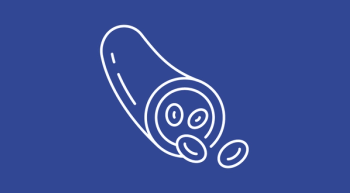
Findings from this study demonstrated effectiveness with frontline ibrutinib in patients with previously treated, low-risk mantle cell lymphoma regardless of whether rituximab was added.

Throughout March, the FDA has approved drugs for the treatment of disease including lung, hematologic, esophageal, and gynecologic cancers.

The new drug application for revumenib is supported by data from the AUGMENT-101 trial of patients with KMT2A-rearranged acute myeloid leukemia or acute lymphoblastic leukemia.
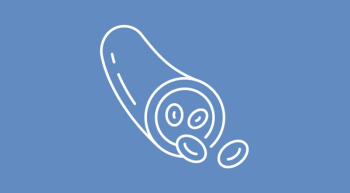
Progression-free and overall survival benefits were obtained with MRD-guided ibrutinib plus venetoclax when compared with fludarabine plus cyclophosphamide and rituximab in chronic lymphocytic leukemia.

Venetoclax provided long-lasting responses in patients with relapsed/refractory chronic lymphocytic leukemia.

The benefits of imetelstat outweigh the risks for anemia treatment in lower-risk myelodysplastic syndrome, according to a vote by the FDA’s Oncologic Drugs Advisory Committee.

Accelerated approval has been granted by the FDA to lisocabtagene maraleucel for the treatment of certain patients with relapsed/refractory CLL or SLL.
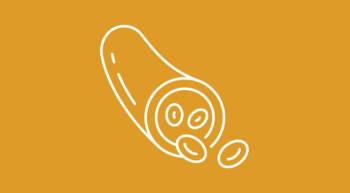
Patients with hematologic malignancies who received Orca-T improved survival rates compared with PTCy in those receiving myeloablative conditioning, according to findings from a retrospective analysis.

An orphan drug designation has been granted by the FDA to ocifisertib as a potential treatment option in acute myeloid leukemia.

Ropeginterferon alfa-2b has been listed as a preferred first-line cytoreductive therapy by the National Comprehensive Cancer Network for patients with polycythemia vera.

The label expansion for ibrutinib with an oral suspension formulation has been approved by the FDA in all current indications including Waldenström macroglobulinemia, chronic lymphocytic leukemia/small lymphocytic lymphoma, and chronic graft-versus-host disease.

Patients with relapsed/refractory chronic lymphocytic leukemia or small lymphocytic lymphoma treated with lisocabtagene maraleucel experienced durable responses.

The antifungal prophylaxis azoles did not impact the safety and efficacy of ruxolitinib in patients with graft-vs-host disease.

Patients with GVHD treated with ruxolitinib plus belumosudil experienced an overall response rate of 55%, which may suggest an interaction between inflammatory pathways.

Compared with placebo, ruxolitinib cream significantly improved body surface area in patients with cutaneous graft-vs-host disease in a phase 2 trial.
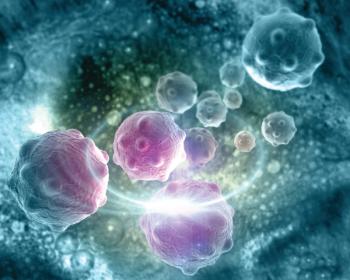
After 3 years, ruxolitinib provided improved control for steroid refractory or dependent chronic graft-versus-host disease when compared with best available treatment.

Blinatumomab tended to be safe and effective in the treatment of children or young adults with B-cell acute lymphoblastic leukemia, potentially offering a treatment regimen less toxic than chemotherapy.

The median overall survival among those treated with tisagenlecleucel was not reached, and the 36-month overall survival rate was 82%.

The major molecular response rate for asciminib at week 156 continued to be higher than with bosutinib.

